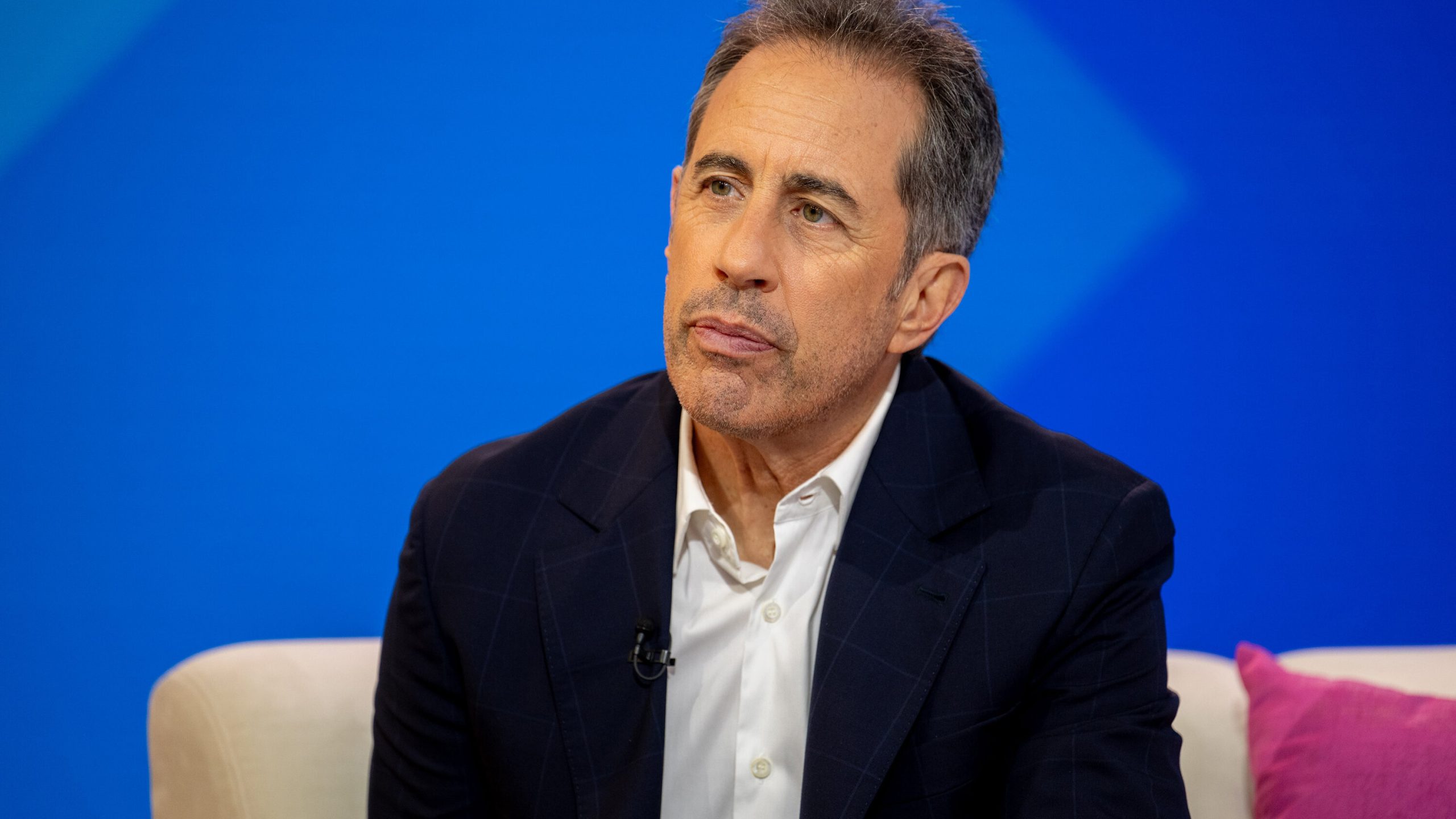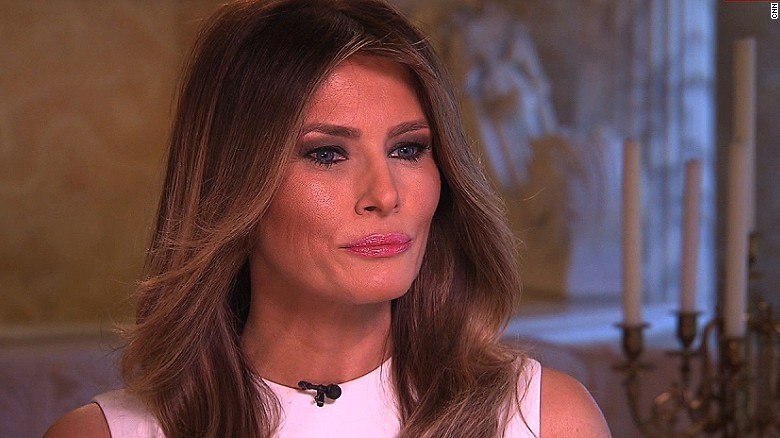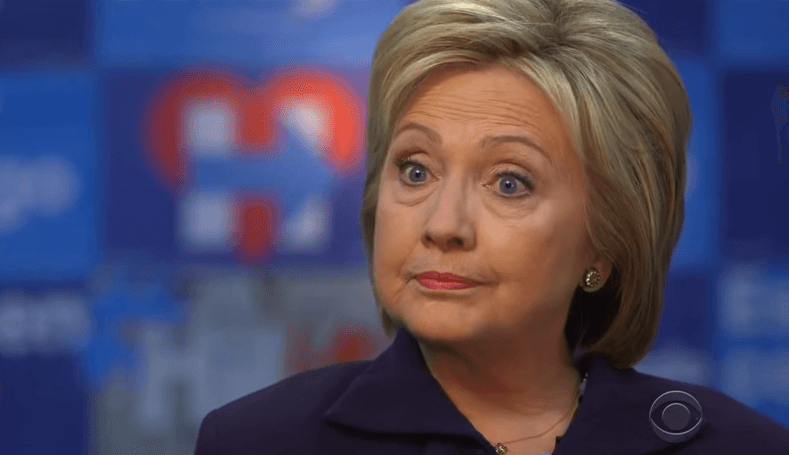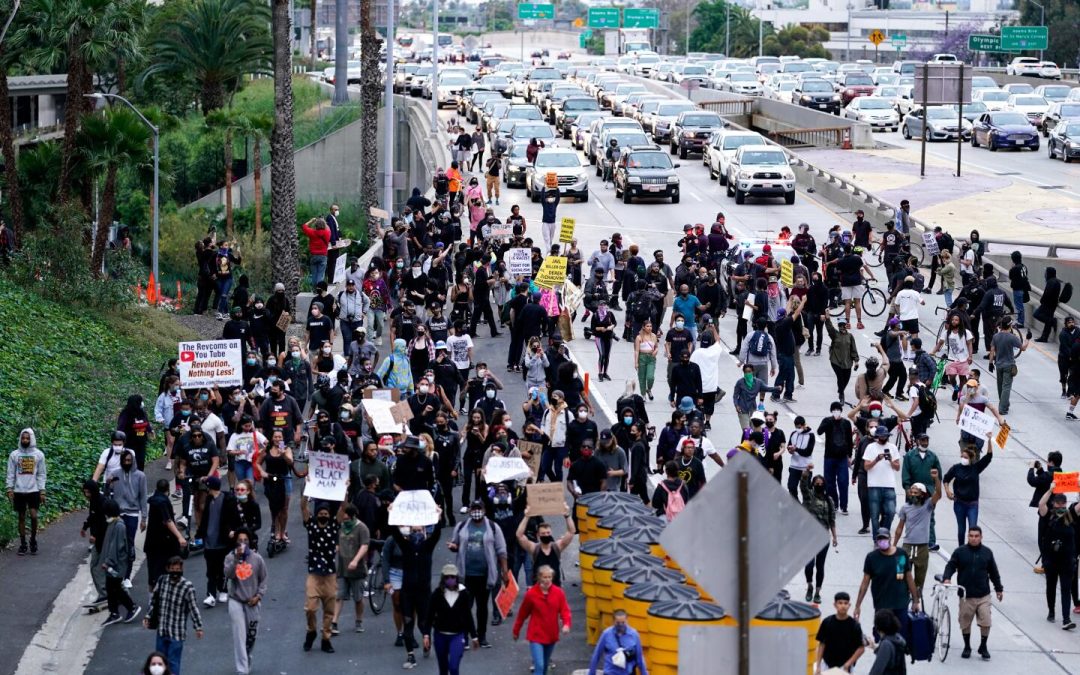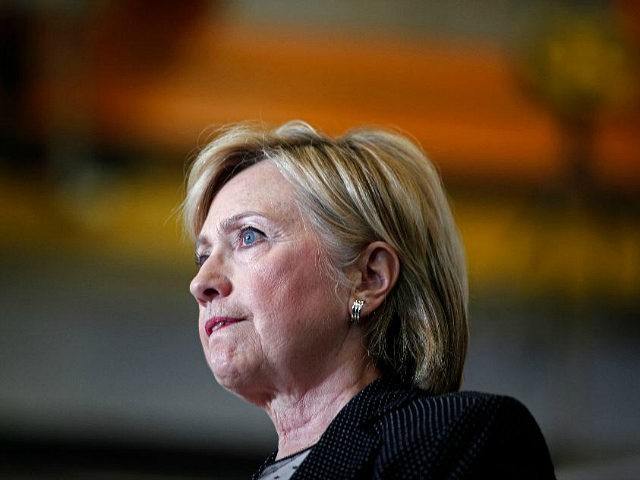Comedian Jerry Seinfeld recently found himself at the center of a heated social media firestorm after posting a tweet about the Black Lives Matter movement that many deemed offensive. The tweet, which quickly gained widespread attention, sparked outrage among a significant portion of the public, leading to a barrage of criticism against Seinfeld from both fans and activists. His remarks have ignited a conversation about the intersection of comedy, free speech, and sensitive social issues in today’s increasingly politically aware climate.
Seinfeld, who has long been known for his observational humor, appeared to address the Black Lives Matter movement in a way that many critics viewed as dismissive or tone-deaf. The tweet in question, while intended as a joke, did not sit well with those who believe that such a significant social movement should be taken seriously and not trivialized. The backlash was swift, with many users on platforms like Twitter and Instagram condemning the comedian for what they perceived as an inappropriate take on the ongoing fight for racial justice.
Seinfeld has not been known to engage directly with political or social issues throughout his career, preferring to focus on lighthearted topics and everyday observations. However, in this instance, his foray into commenting on a subject as charged as Black Lives Matter left many questioning the limits of comedy and whether public figures, especially comedians, should be more careful when addressing sensitive topics.
The comedian’s critics argue that, regardless of intent, his tweet made light of a movement that highlights systemic racism and police brutality, issues that have led to numerous protests and social unrest across the country. In response to the criticism, many have called on Seinfeld to issue an apology or at least provide clarification regarding the tweet. However, as of now, Seinfeld has yet to respond directly to the backlash or delete the tweet, leaving many to speculate about his stance on the issue.
Supporters of Seinfeld, on the other hand, have defended the comedian’s right to free speech, arguing that humor is often used as a way to comment on difficult or controversial topics. They contend that comedians should not be censored for making jokes, even if those jokes might offend some people. Furthermore, they point out that the nature of comedy is subjective, and what might be offensive to one person may be seen as harmless to another.
The incident has once again brought to the forefront the ongoing debate about the role of comedians in society and whether they should be held to different standards when it comes to addressing social and political issues. Some argue that comedy plays an important role in challenging societal norms and sparking conversation about difficult topics, while others believe that certain subjects should remain off-limits, particularly when they involve marginalized groups.
Seinfeld is not the first comedian to face public backlash over comments about social movements like Black Lives Matter. In recent years, several high-profile comedians have found themselves at the center of similar controversies, raising questions about the evolving boundaries of humor in a politically charged environment. As social media continues to amplify the voices of both critics and supporters, public figures must navigate an increasingly complex landscape where their words and actions are scrutinized in real time.
The broader conversation around Seinfeld’s tweet also touches on the wider issue of celebrity responsibility when it comes to discussing social justice causes. With a platform as large as Seinfeld’s, many believe that public figures have a duty to use their influence to uplift marginalized voices and support movements that seek positive change. Others argue that expecting celebrities to weigh in on every social issue is unrealistic and that they should be free to express themselves without fear of backlash.
As the debate over Seinfeld’s tweet continues to rage online, it remains unclear whether the comedian will address the situation further. In the meantime, the incident serves as a reminder of the delicate balance that public figures, particularly those in entertainment, must strike when engaging with their audiences on controversial topics. For now, it appears that Jerry Seinfeld’s joke has landed him in hot water, and the conversation around his comments will likely persist as discussions around race, justice, and the role of comedy continue to evolve in the public sphere.
This situation, while specific to Seinfeld, is emblematic of a larger cultural moment where conversations about race and justice are happening across all sectors of society, from politics to entertainment. How comedians like Seinfeld navigate these complex issues in their work will undoubtedly be a subject of ongoing discussion in the years to come. Whether Seinfeld will ultimately respond or attempt to move past the controversy remains to be seen.

